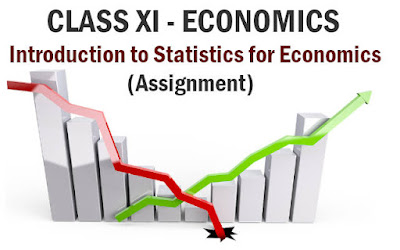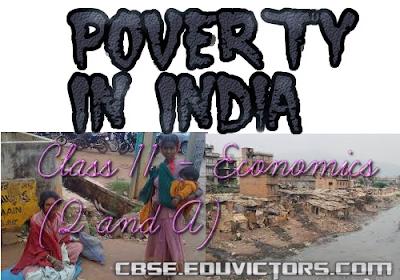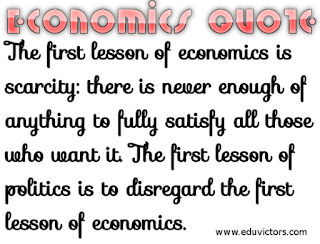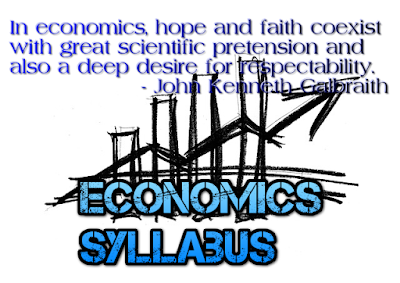CLASS XI - ECONOMICS - Introduction to Statistics for Economics - (Assignment)
Q1. ‘Statistics, although useful in many ways, is not devoid of limitations.’ Explain any three limitations of statistics in this regard.
Q2. Explain the meaning of statistics in the singular sense.
Q3. Discuss any three uses of statistics in economics.
Q4. ‘All statistics are numerical statements of facts but all numerical statements of facts are not statistics.’ Elaborate the statement giving suitable points.
Q5. Discuss any three functions of statistics.
Q6. Explain the meaning of statistics in the plural sense.
Q7. Giving reason, state whether the following statements as true or false.
(a) Statistics can only deal with quantitative data.
(b) Statistics is of no use to economics without data.
Economics - Ch1 Introduction of Economics (Worksheet)
Economics - Ch1 Indian Economy (MCQs)
Microeconomics Ch1: Introduction and Economic Problems (MCQs)
Economics - Chapter - India On the Eve of Independence and Planning (Unit Test Paper)
Economics - India on the eve of Independence (Q & A)
Economics - Ch 4: Problem of Poverty In India (Q & A)
Economics - Ch 7 - Employment - Growth, Informalisation and Related Issues (Q & A)
Economics - Annual Question Paper (2020-21)











